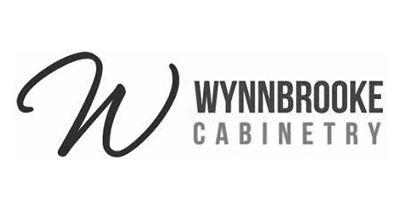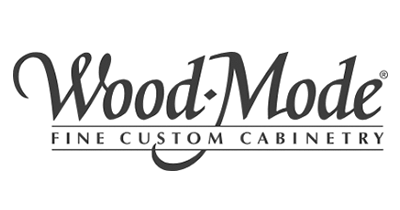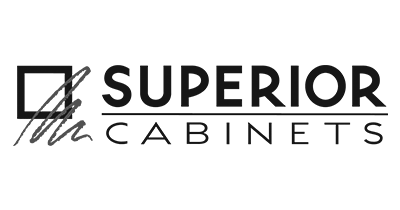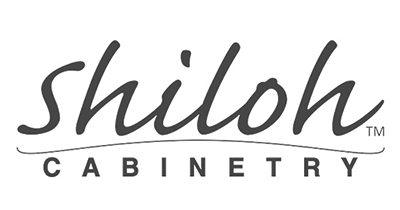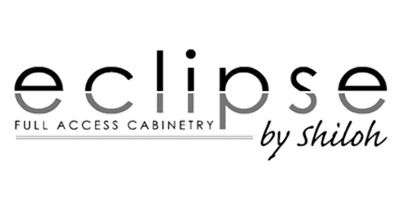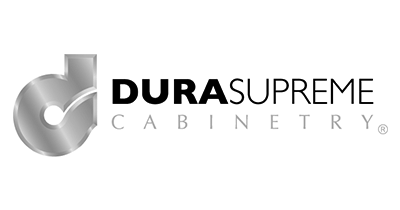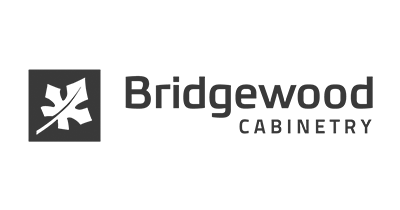Blog
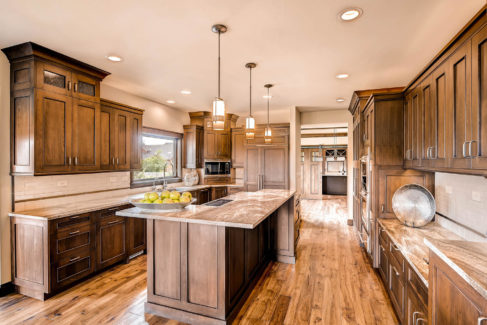
Corian (Solid Surface)
- Appearance / Definition:
Corian is an engineered stone developed by DuPont specifically for countertops. It combines natural materials (66%) with a mix of acrylic polymers and resin (33%). The heated mixture is poured into molds to form solid sheets when cooled. Corian’s initial popularity came in large part from its versatility; it can be formed into any shape with minimal seams and is well-suited for sinks and backsplashes as well as for countertops. Its consistent color offers many possibilities for personalizing the design with a uniform pattern.
- Cost:
Corian is a relatively inexpensive option, which makes it a good choice for small budgets or less visible applications such as basement bathrooms or laundry rooms.
- Maintenance:
Because Corian is non-porous, it doesn’t require sealing. Maintenance is simply regular cleaning with a soft cloth, warm water and a mild cleanser. Sinks should be thoroughly washed once or twice a week to prevent food residue from accumulating.
- Durability:
Corian is less durable than granite and quartz. It can be scratched and scorched, and may be damaged by strong chemical cleaners. Corian surfaces are not heat resistant, only able to handle temperatures up to 212 degrees Fahrenheit before sustaining damage. Therefore, keep in mind that Corian countertops, while versatile and economical, require a lot of special care during use to keep them looking their best.
Granite
- Appearance / Definition:
Granite is 100% natural stone extracted from quarries in large slabs and then polished, fabricated and cut. The natural striations and color variations make each piece unique with an often dramatic appearance. Choosing granite countertops from samples can be tricky, however. Because of the wide variation in pattern and color, the sample will not exactly match the final product. Some homeowners may consider granite’s appearance too busy.
- Cost:
The price of granite depends on the quality of the stone, its thickness and color. Installation and sealing for protection are typically added to the final cost. Granite is slightly less expensive than quartz, but it does need to be resealed and that cost should be factored in as well.
- Maintenance:
Granite is naturally porous (liquids can seep into it) so it need protection to retain its beauty and functionality as a countertop. It should be sealed every few years, and thoroughly cleaned on a regular basis to remove germs and bacteria from the surface.
- Durability:
Though quite strong, granite is prone to cracking and chipping without proper care. With proper maintenance, however, granite countertops can last for 25 to 50 years.
Quartz
- Appearance / Definition:
Like Corian, quartz is an engineered stone. It consists mainly of quartz crystals (typically 93%) in various grades and sizes combined with resin and pigment. While not as natural as granite, quartz countertops are fabricated in a similar way, by cutting shapes from large slabs and polishing them. Unlike granite, quartz appears much more uniform.
- Cost:
Quartz is the most expensive of the options featured here, perhaps because it has many of the upsides of Corian and granite and few downsides. Many homeowners agree that the exceptional quality of quartz make it a good value, despite the higher price tag.
- Maintenance:
Quartz is non-porous, like Corian, so it requires no sealing, polishing or reconditioning to protect it from stains and spills. It does require regular cleaning with a soft cloth, warm water and a mild cleanser.
- Durability:
Quartz is strong and durable yet, like any stone, can be damaged with force. Like granite, it can withstand high heat, but should be protected from rapid temperature changes. Hot pads should be used to prevent heat damage. Quartz is a long-lasting countertop material, and with proper care, can remain beautiful and functional for 25 to 50 years.
At-a-Glance Stats
| Quartz | Granite | Corian | |
|---|---|---|---|
| Composition: | 93% Natural, 7% Resin | 100% Natural | 33% Natural, 66% Polymer |
| Appearance: | Uniform, Lustrous | Dramatic, Lustrous | Uniform, Matte |
| Cost: | Moderate, Expensive | Moderate | Inexpensive |
| Sealing: | No, Non-Porous | Yes, Porous | No, Non-Porous |
| Durability: | Hardest & High Strength | Hard & High Strength | Easily Scratches & Scorches |
In conclusion, the countertop material you select for your home depends on your personal needs and preferences. However, we believe that quartz is the best overall choice and offers the best value among the three materials. It combines the best characteristics of both granite and Corian without sacrificing quality.

